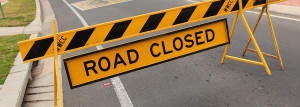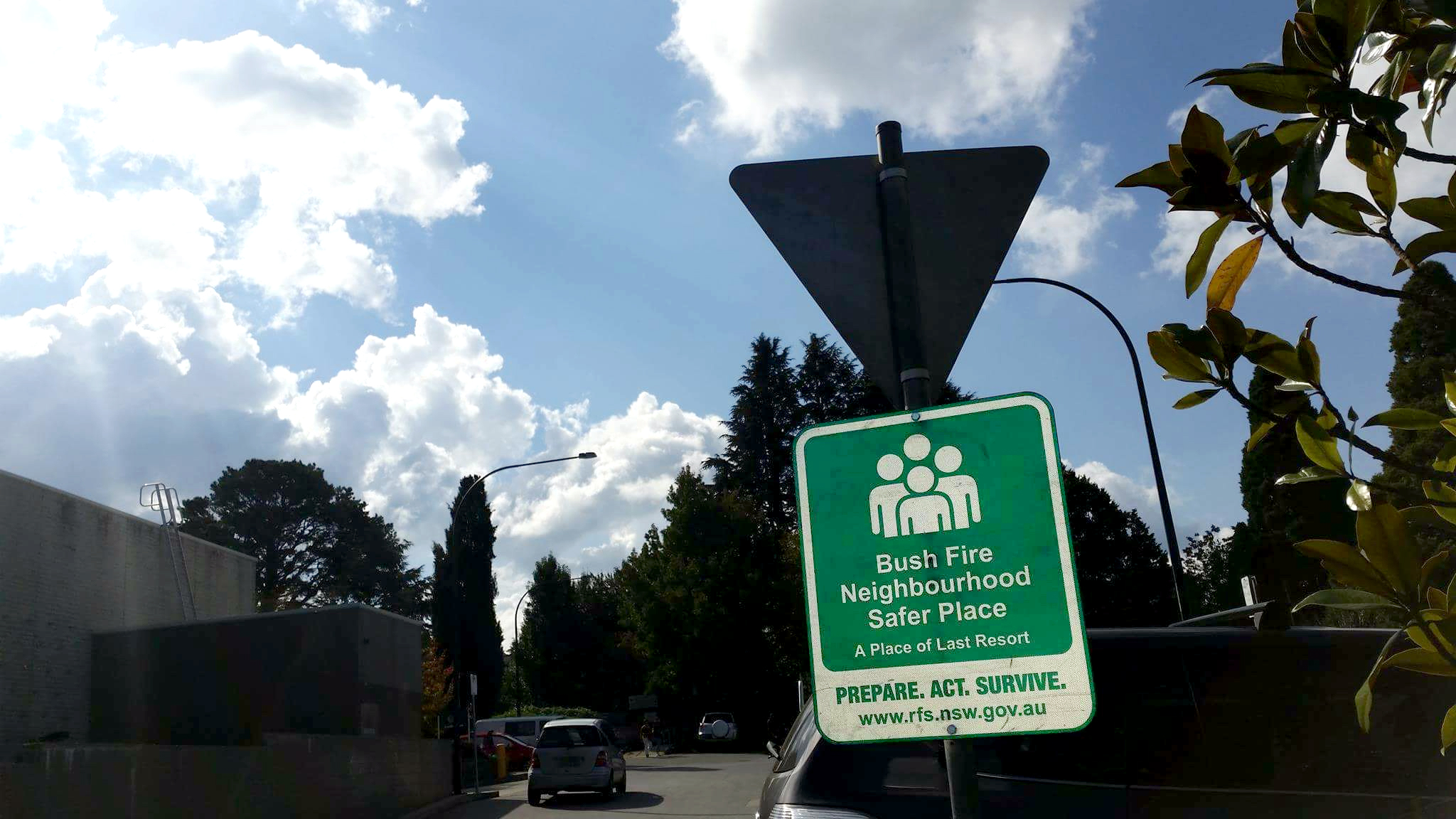Experience has shown that the greatest risk to life in a bush fire is to those involved in car accidents as a result of poor visibility. Thick smoke and heat exposure while a fire front passes through can turn a moment of panic in to a deadly situation.
It is always safest to leave early and you will need to consider where you will stay for an hour, overnight or for a few days and if it will be safe to travel there.
TASK: Where will we go?
Write down these questions and answers, they will save you precious time during a fire, and reduce the sense of panic that can take over when you feel unprepared.
- Identify one or more places you could stay overnight or for a few days.
- What is the most direct route to the highway or main exit from your town or village?
- Find at least one alternate route – a fire or traffic can block your planned route so always have a backup. Not sure where the risks are in your area? Check out this activity: Rediscover your area
- Locate a local safer place near your home. How far is it and could you walk it? Find a place near you
- Locate a place in your street that could make a good temporary shelter.

Where is my local Evacuation Centre?
There isn’t one, yet. During a bush fire an Evacuation Center may be established in a town near you, with a location chosen at the time based on need and a safety assessment. If you are relying on an Evacuation Centre then your situation has either gotten serious very quickly, or you haven’t planned ahead.
Neighbourhood Safer Places have already been identified in most Blue Mountains villages and you should find the one nearest to you. These are not Evacuation Centres which means that they do not usually have services, toilets, food or water, but they are places that have been assessed to be the safest in your area during a bush fire. They can get very busy, so may not be an appropriate place for pets.
You must ensure that your Bushfire Safety Plan includes your Evacuation Plan so that you are not reliant on a Neighbourhood Safer Place or Evacuation Centre.
Useful websites during a fire:
Look up these websites and save them to your bookmarks or favourites. If you can, get the apps for your phone or tablet too.
http://www.rfs.nsw.gov.au/fire-information/fires-near-me
https://www.livetraffic.com
http://www.sydneytrains.info/service_updates/
http://www.ses.nsw.gov.au
Get to know your local Fire History and fire behaviour in your area
The best place to find out about these topics is your local Rural Fire Service brigade. On this website you can find the contact details of every brigade in NSW. When you meet them look for the oldest and grubbiest uniform you can find – you will be sure to get some valuable local knowledge and interesting stories! (And possibly a few bad jokes). Our doors are open.
Check local media and social media for a Get Ready Weekend event near you (usually held in September each year). However, due to the COVID-19 pandemic this year, some Brigades may run this earlier via Social Media. A fantastic opportunity to engage with your local volunteers.
